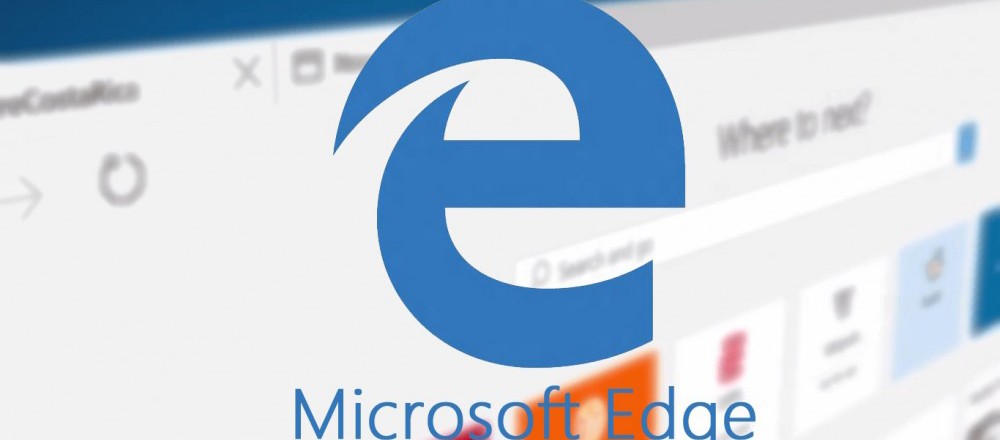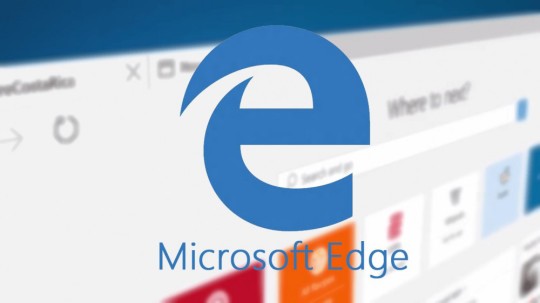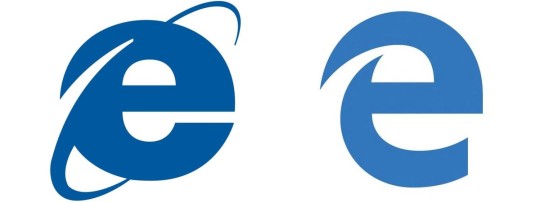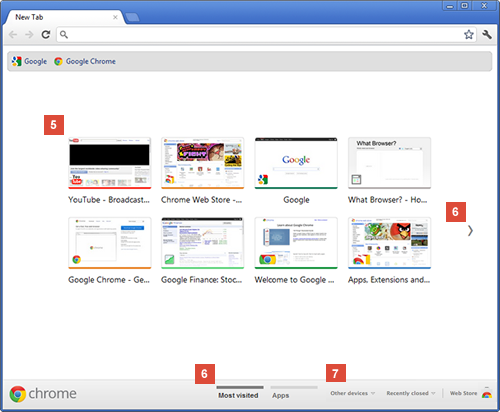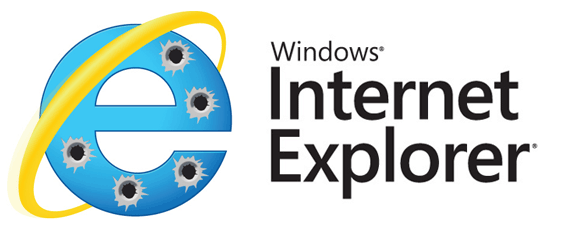Browsing the web with Internet Explorer can be a risk, so it’s no surprise that it lags behind. Microsoft is hoping to catch up with its new browser Edge.
Many years ago Internet Explorer was the go to choice for web browsing, but in the last 10 years more innovative browsers such as Chrome and Firefox have come to the fore. Not only are they less clunky, they also improve the user experience.
Naturally, Internet Explorer has fallen to the wayside and feels like a relic from a bygone era of dial-up modems where a single MP3 took an age to download.
Microsoft, it seems, has finally had enough of trailing behind in a niche which they previously dominated, so they’ve announced Edge for the upcoming Windows 10 release.
What is Microsoft Edge?
First and foremost, let’s get one thing straight: Edge is not an evolution of Internet Explorer. It won’t simply be Internet Explorer 12 with a fancy name. Instead, Microsoft is planning for Edge to be a complete revolution of their browsing capabilities.
One of the biggest complaints about Internet Explorer has been its rigid, antiquated design in an age of streamlined simplicity where speed is the key. Edge will be powered a by a new rendering engine which promises to deliver a more user friendly design which will slot seamlessly into mobile as well as desktop devices.
With Chrome being the most popular desktop browser, it’s no surprise to learn that early previews of Edge have revealed it to have a similar, lightweight aesthetic. The accessibility of Chrome will also be apparent in the new features offered by Edge.
Voice activated software has come a long way in the last few years – thanks to Apple’s revolutionary Siri. Microsoft is keen to integrate a similar feature into Edge. That’s why Microsoft’s voice assistant ‘Cortana’ will be available to perform searches and check emails for you.
Touch screen technology is also an area that Microsoft is investing heavily in with Edge and this raises the opportunity for users to annotate/share pages via a stylus which, again, is an amazing increase in accessibility over Internet Explorer.
Edge is also heavily rumoured to be lined up as a downloadable app rather than the built-in default of Windows devices that Internet Explorer is. Not only will this widen the audience available for Edge, it also enhances the ease with which updates can be distributed via the Windows Store.
Will Edge Succeed?
Microsoft certainly has an uphill struggle on their hands to compete with the current market leaders in the battle of the browsers. Due to the popularity of mobile devices in the current digital landscape, users feel more in tune with Chrome, Firefox and Safari.
And developers, too, have been concentrating their efforts on the more popular browsers at the expense of compatibility with Internet Explorer.
With Edge, though, Microsoft appears to finally be getting on track with the trends of this new era of accessible and intuitive browsers. It remains to be seen exactly how much of a dent Edge can make into the market, but by canning Internet Explorer they’ve made a great start!
For more ways to secure and optimize your business technology, contact your local IT professionals.



